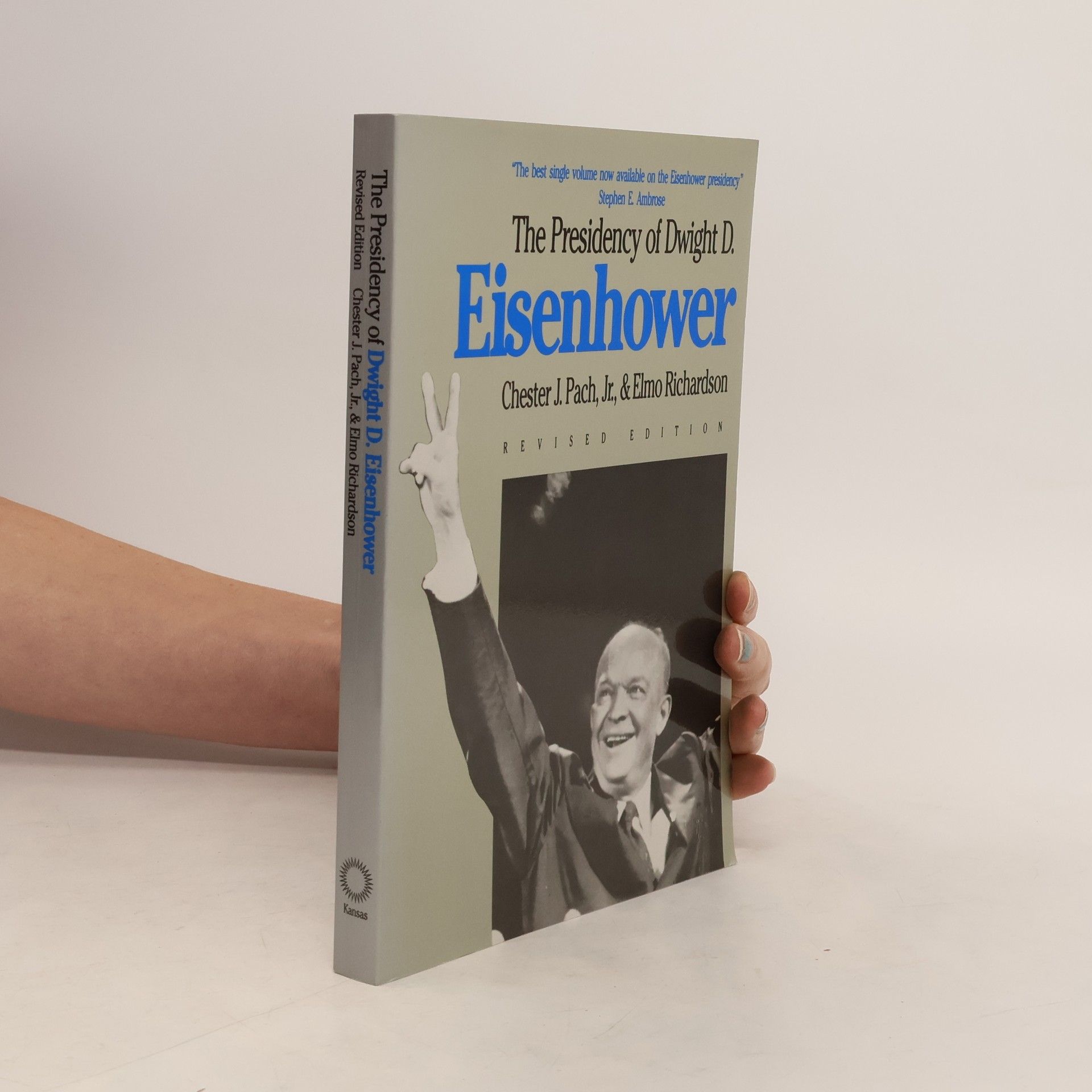A book on John F Kennedy's White House years. It shows Kennedy to be ""the most medicated, one of the most courageous, and perhaps the most self-absorbed of our presidents."" Featuring a bibliographical essay and twenty-two photos from the JFK library, it aims to be the definitive appraisal of... číst celé
La série de la présidence américaineSéries
Cette série explore l'histoire tumultueuse et la politique dynamique de la Maison Blanche. Elle examine des moments clés et des décisions critiques qui ont façonné la gouvernance américaine. Les lecteurs intéressés par l'intrigue politique et l'analyse historique apprécieront la profondeur et le détail avec lesquels ces époques et leurs dirigeants sont dépeints. Elle offre un aperçu des coulisses du pouvoir et de l'influence.




Ordre de lecture recommandé
The focus of this revision is not how Eisenhower made policy, but how his decisions shaped American life in the 1950s and beyond. In this first post-revisionist study of the Eisenhower presidency, historian Chester Pach reaches beyond the issues the revisionists raised: Was Eisenhower in command of his own administration? Did he play a significant role in shaping foreign and domestic policy?Drawing on the wide range of works published within the past decade, Pach expands Elmo Richardson's 1979 study by nearly one third. In addition to new material on national security policy, Pach deepens the analysis of Eisenhower's leadership and managerial style and explores the significance of the decisions Eisenhower made on a whole range of critical issues, from civil rights to atomic testing.By emphasizing the fundamental failings of Eisenhower's presidency, Pach swims against the stream of recent scholarship. He concludes, for example, that Eisenhower's commitment to support South Vietnam in 1954, with its attendant responsibilities and consequences, was far more important--and ultimately disastrous--than his refusal to intervene with military force in support of the French in 1954. Eisenhower's unleashing of the CIA (in Iran, Guatemala, and elsewhere) also draws sharp criticism, as does his timid and ineffective handling of McCarthy.
A comprehensive account of Theodore Roosevelt's important presidency, updated to take into account two decades of additional research on the subject. číst celé
Presents an assessment of the Johnson administration including the Vietnam issue.